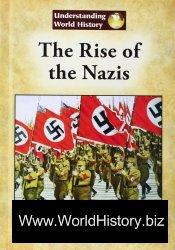Since its first appearance in the Islamic world, alchemy was a school of learning that converged with various other natural sciences: as a testimony to an almost invisible and ambiguous dividing line, cosmological theories are appropriated from philosophy, embryological theories from philosophy and medicine, and the description and treatment of minerals, animals, and plants from natural sciences and pharmacology. Following a path probably already consolidated since ancient times, the scholarly alchemist was a man of great knowledge, yet not necessarily a philosopher, who absorbed everything, gathered all information adapting it to his science; while the facade of original theories faded away, it breathed new life into its subject; that which likely was not alchemical initially, or was expressed in a different manner, acquired, during the course of this process, the characteristics of Islamic alchemy.
The settlement process resulted in a proteiform and controversial school of learning: amongst its followers, some (al-Majrltl) paired it with magic, while others, more daring (Ibn Umayl), paired it with Prophecy; others yet, realists, tried to lead it back to dealing with nature: an operational science for experts dealing with the arts of fire in the footsteps of the ancient masters. Between the ninth and eleventh centuries, philosophers and scholars debated: al-Kindl was against it, while al-FarabI was favorable to it; Abu Bakr al-RazI, philosopher and physician, was also an alchemist, and Avicenna, another philosopher and physician, considered transmutation (see below) impossible; al-BIrunI (d. 1048) accepts only its technical role. Approaching the modern age, Ibn Khaldun (d. 1406), who was well versed in it and wrote of it in detail, tried to destroy it once and for all, but his attempts were in vain.




 World History
World History









